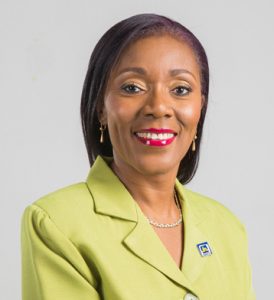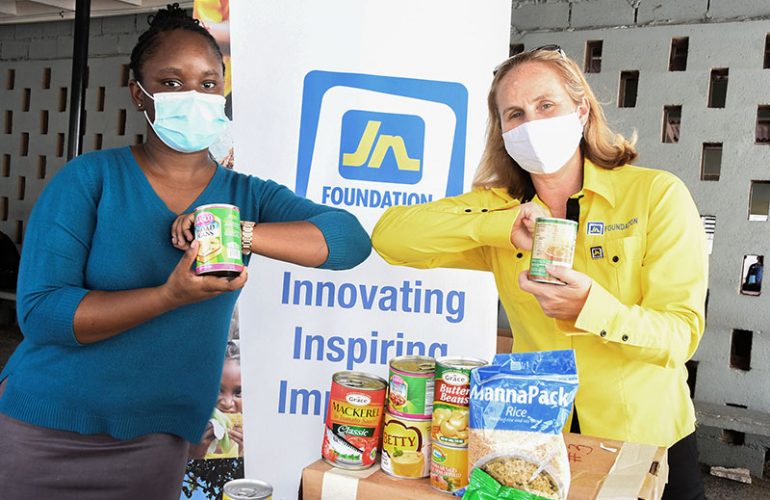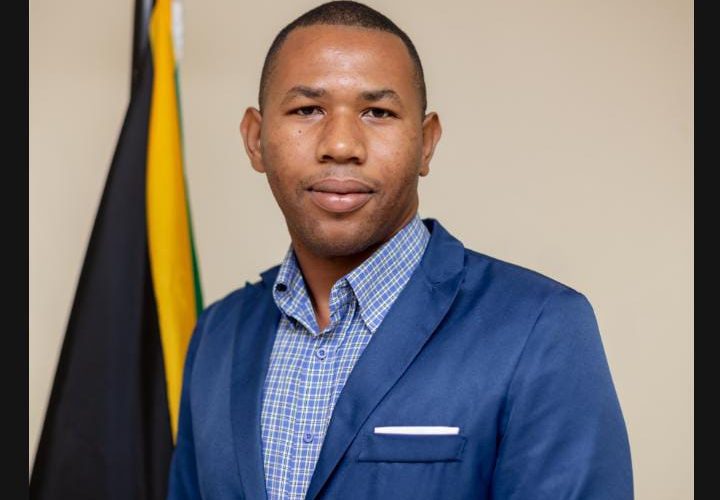It’s not too late to save for a debt-free Christmas
It is Not Too Late to Save For a Debt-Free Christmas!
As the country grapples with the onslaught of a global pandemic and its economic effects, the idea of merriment and festivity this Christmas season may be a distant thought from the minds of some Jamaicans.
However, despite how tumultuous 2020 has been and the lingering uncertainty which lies ahead, Rose Miller, grants manager at the JN Foundation, said that the holiday tradition is still on this year’s calendar, “whether we like it or not.”
“And the season still comes with its numerous financial responsibilities. Therefore, you still need to have a viable financial plan, to ensure that you keep your holiday expenses under control; and so that you do not start 2021 in debt,” she advised.
Mrs Miller, who is also head of the JN BeWi$e Financial Empowerment Programme, pointed out that it will be a difficult Christmas for many, particularly those who have lost their relatives, jobs or businesses, due to the COVID-19 pandemic. She noted that the recent heavy rains that have lashed the island, causing severe flooding in some communities, have further dampened the spirit of many Jamaicans, and has also placed them under increased financial stress.
“This means that careful and meticulous budgeting for the season is extremely important,” Mrs Miller informed.
The JN Foundation’s financial literacy expert, suggested that the first, and probably the most important step, is to set a Christmas budget. “If you have not already started saving for Christmas, you do not have a lot of time, but it is not too late. You still have about six weeks to go, and it is never late to get serious about budgeting your money,” Mrs Miller pointed out.
Set a Budget
She advised persons to sit down with pen and paper or use one of the many budgeting apps that are available on the Internet to help create their own budget and see how much they can set aside in time for Christmas Day.
“To begin your budget, make a list of family and friends you will be buying presents for and allocate an amount for each person. If you are hosting dinner, then consider how many people will be coming over and how much you will need to spend on food and drink,” Mrs Miller said.
She said persons should remember that there is a limit on the number of people who can gather in one place this Christmas season, due to COVID-19 restrictions. “This may very well be a plus for your pocket, as you won’t need to spend as much as you normally would,” Mrs Miller noted.
Work Out How Much to Save Weekly
“From there, you should be able to work out how much money you would need to put away from now until Christmas. For example, if you are planning to spend $40,000 on dinner and presents, you would need to save at least $8,000 a week for the next five weeks,” she said.
The JN manager advised that people should treat saving in the same way as they would a bill.
“Committing to saving a regular sum each month or week is more effective and would be more successful than simply saying you’ll save whatever you have left over after spending, which may be nothing,” she pointed out.
Try to be realistic, bearing in mind all that has taken place in 2020 and the continued uncertainty of the immediate future. It is better to commit to a manageable sum than to aim too high and give up, Mrs Miller pointed out.
Be Creative with Your Gift Ideas
To further cut down on how much you spend, you need to be creative with your gift ideas, Mrs Miller recommended. “Gifting does not have to be a spending spree,” she said.
She suggested that instead of rushing to purchase gifts, people should consider creating their own gifts using their skills. Purchasing or creating gifts that can be shared by more than one member of the household, instead of providing individual gifts, is another idea to consider.
“It saves time and money, as you don’t need to shop for every single person. And, very often, the gifts you create are not only less expensive, but they are more meaningful than the items you buy in a store,” she said.
Start Your Shopping Now!
Mrs Miller said start early. “Picking up Christmas essentials, such as gifts and decorations, when they are on sale can earn big savings.”
Take advantage of online deals and events, such as Cyber Monday and Black Friday.
“If you know what gifts you need to purchase, it can help you to pick up some items over a period, to help spread the cost; and save you the hassle of shopping in peak periods,” she advised.
Mrs Miller pointed out that there are also many ‘free websites,’ which allows persons to create their own cards, with family photos and videos. “There are many ways to save a dollar or two, you simply to be creative; and, most of all, be determined not to overspend for the holidays,” she advised.















